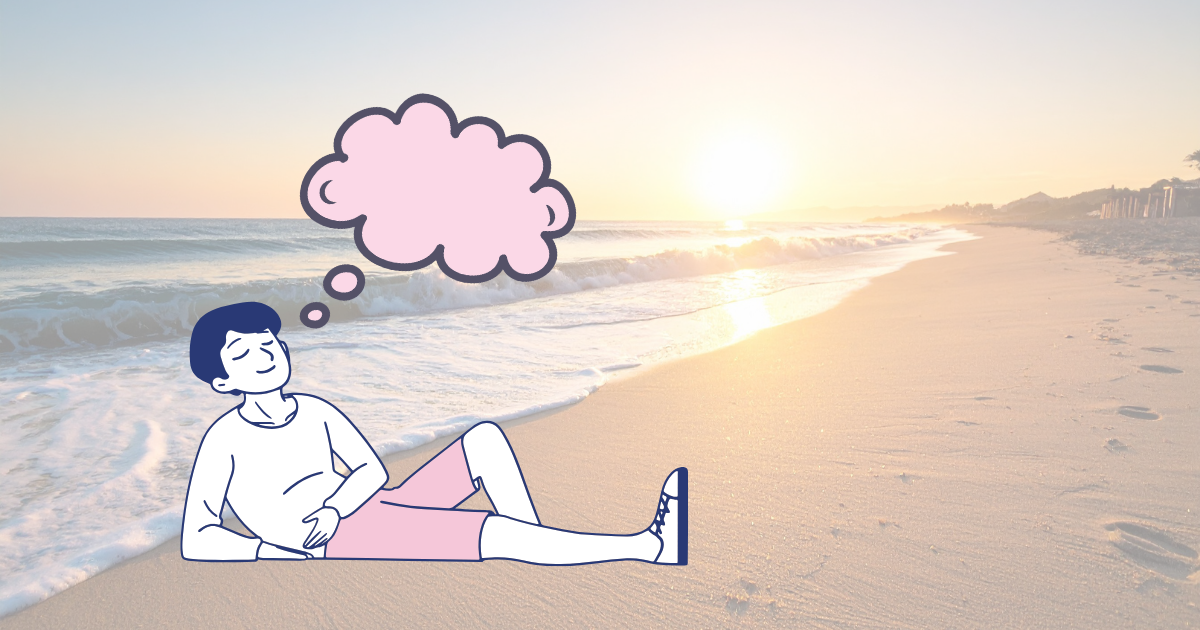Do We Really Know What We Look Like? ~ Fugen Neziroglu Ph.D.
.webp)
We all think we know how we look, but do we really ‘know’? Actually, how can we? Certainly, we can see ourselves in the mirror, but do we really have a sense or knowledge of how others see us? We only have an idea based on what the mirror tells us and ultimately how we regard ourselves, what our mood is and the feedback we receive from others. Let me ask you, is that objective?
How we perceive things in our environment including ourselves changes from person to person. Some question even if things really exist outside of our imagination but I won’t go there. Have you ever found someone you regarded attractive, only to ask someone else who comments, “Yea he or she is alright looking?” Well, how can that be if the person is the same person? Yes, we all have different concepts of beauty. Also, our value on attractiveness determines how much attention we pay to our look or those of others. The value that I place on attractiveness or brilliance would influence how I, and I alone perceived that person. The same goes for ourselves.
Where am I going with this you may ask? I specialize in the treatment of people with BDD- or Body Dysmorphic Disorder, which is a preoccupation withone or more nonexistent or slight defects or flaws in physical appearance. This preoccupation gives rise to compulsive behaviors that are performed in response to the appearance concerns and range from picking to plastic surgery. To the outsider, BDD is a trivial concern and a matter of vanity, but it is really quite the opposite. The person feels disgust over and shame regarding some aspect of his or her appearance and is often highly anxious over being seen and evaluated by others. About 40 percent end up homebound, are hospitalized more often than schizophrenics and 80 percent have suicidal ideation with 29 percent attempting suicide. It is actually a significant and serious disorder.
I was drawn to these clients because they are a challenge and are often misunderstood. They are the perpetually wounded who cannot escape from their symptoms because they are of their own making, and after all, how do we escape our own bodies? Unfortunate for them peace does not come at the end of a surgeon’s blade.. Now this is where I come in trying to convince these clients to change the way they think about their body rather than the body part itself. Our goals are so different, and there is where the challenge begins-agreeing upon a common goal.
I remember the day Jimmy, 22 years old came to my office after trying to convince his parents to pay for surgery-angry that he was wasting his time with me. He sported a baseball cap on with the hint of bangs showing partly below. In his sophomore year it became impossible for him to sit in class or socialize and he had to finally take a protracted leave of absence. He said he did not like the way his hairline looked, and that he wanted a second a hair transplant, which his parents were disallowing. Jimmy found his forehead to be too big and his hair to be receding. Nothing would convince him otherwise, so to hold onto my own receding credibility, I did not dare argue my perception with him. I said that I understood and there was little I could do except ask him to think a bit differently about his appearance over the next few months and because his parents would not pay for another surgery. My road ahead was not going to be an easy one, nor would his. I had him coming in a few times a week, trying to align his purported values with the time he spent catering to them. Although he claimed attractiveness was not as a high value as education, family, friends he soon realized he spent more time on his appearance than anything else. We tried to set that straight. Also I took him out without his hat and had him expose his hairline at the beauty counter of a nearby store. No camouflaging any more. He had to sit with his anxiety, hair and forehead exposed in all the places he had avoided including at the university cafeteria, at the local bar and with friends. In anxiety and disgust decreased over time in all these situations. After almost 6 months Jimmy was able to return to school, go out with friends and eventually date. He had regained his life back and had no need for surgery.
Fugen Neziroglu, Ph.D. is Director of the Bio-Behavioral Institute in Great Neck NY. She is the author of over 175 publications on OCD and related disorders and 3 on body dysmorphic disorder. She has appeared on numerous TV programs and is the recipient of the life time achievement award for her work on obsessive compulsive disorder. She is on the Scientific Advisory Board of IOCDF and President of OCDNY. To learn more about OCD and Related Disorders or to take a quiz to assess whether you have OCD or BDD go to www.biobehavioralinstitute.com.
More Blog Posts

Creating Calm Intentionally: The DBT IMPROVE the Moment Skill
.webp)
OCD DURING COVID-19: CAUTION VS. COMPULSION
.webp)
Anxiety, Avoidance, and Self-Sabotage Oh My!

You can experience life again. Let’s take steps together.
At Bio Behavioral Institute, we’re here to be your team and get you back to the life you deserve. Schedule your consultation and take the first step towards a more meaningful life.
Call our office at 516-487-7116 or complete the form to schedule your consultation.
